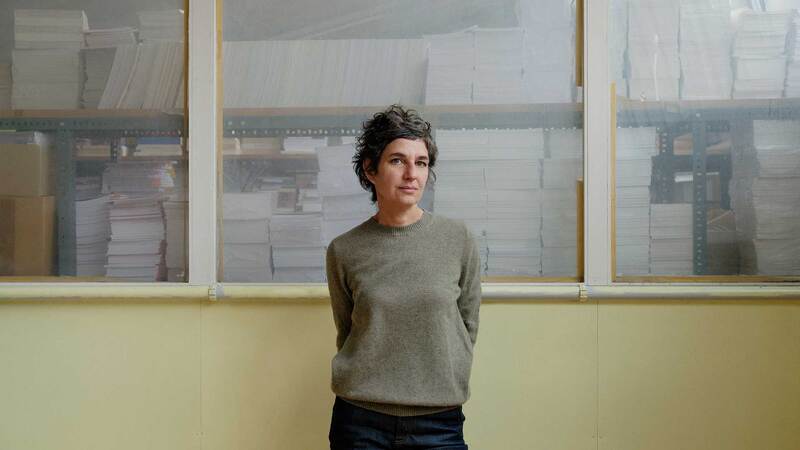You are viewing your 1 free article this month. Login to read more articles.
France's bookshops report 3.3% sales dip in Covid-hit 2020
France's bricks-and-mortar booksellers have reported a year-on-year fall in sales of only 3.3% in 2020, despite a total of three months closure across two lockdowns, in response to the Covid-19 pandemic.
Customers flocked to bookshops each time they reopened, generating year-on-year sales increases of 32% in June and 35% in September and “avoiding a catastrophe,” according to the French Booksellers Association (Syndicat de la Librairie Fran√ßaise, SLF).
Even so, one in five booksellers suffered an annual sales decline of more than 10% — and the larger the outlet, the sharper the drop. Only fiction, comic books and practical books scored overall sales increases, while social science, children’s, art and tourism books, as well as textbooks all showed a downturn, the SLF said.
The figures come from the SLF’s observatory, which is made up of 368 bricks-and-mortar bookshops with total consolidated sales of ‚Ǩ390m.
December sales at the Martelle family bookshop in Amiens, which is co-directed by Anne Martelle and her sister Fran√ßoise Godefroy, rose 20% from a year earlier. But this is more impressive than it sounds, warns Martelle, who was elected in October for a three-year term as SLF president and is the first woman to hold the post. Bookshops were hard hit at the year-end by the Saturday demonstrations of the “yellow vests” in 2018, and by strikes and protests against French pension reform in 2019, she noted.
Big Christmas sellers for all outlets were the Goncourt literary prize-winner L’Anomalie (The Anomaly) by Hervé Le Tellier (Gallimard), and volume five of the comic book L’Arabe du Future (The Arab of the Future) by Riad Sattouf (Allary Editions). The Other Press in New York will publish The Anomaly in English later this year.
Despite the enthusiastic return of customers, the atmosphere in Martelle’s shop around Christmas was mixed. It was not as cheerful as usual during the period, but this was offset by the public’s pleasure at being able to browse through books physically amid festive decor, Martelle said.
Looking ahead, the SLF president said she is “optimistic, but realistic” for this year. Although booksellers adapted to distance selling in the second lockdown, she fears there will be a third lockdown and that books will again be classified as non-essential items. But her fear is tempered by the conviction that public attitudes have changed. “Customers have shown a real wish to buy locally rather than online, and have become aware of the importance of bookshops to the community,” she said.
As far as Martelle knows, no French indies have folded because of Covid-19. But the crunch could come in April and May, when the government-backed loans granted at the beginning of the crisis will have to be reimbursed. It remains to be seen how many booksellers have enough cashflow for that, she said.
Separately, a study on the first lockdown in France last spring showed that people read more and had increased their use of digital and audio formats, The study, conducted by the French publishers association (SNE), the French authors society (SGDL), and the French copyright collection society (SOFIA), also showed that readers opting for e-books were younger than before.


















